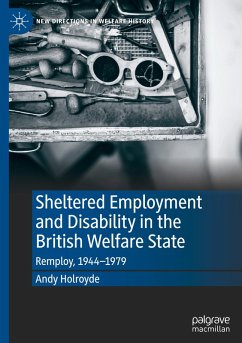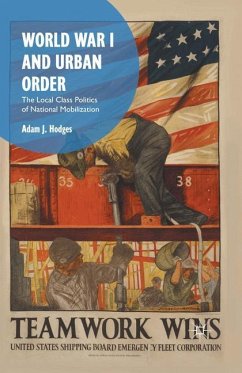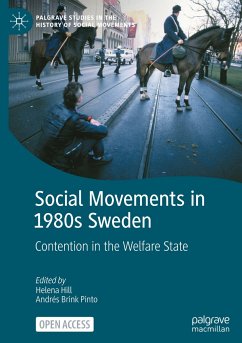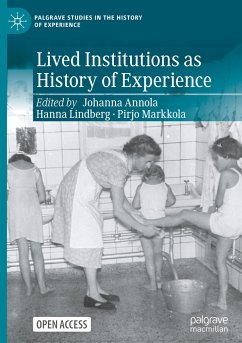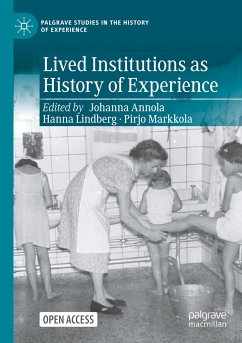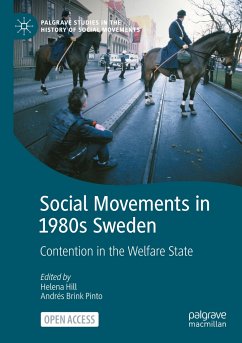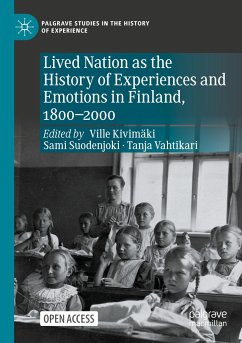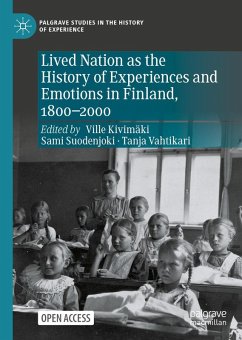
Caring for the Socially Marginalised in Interwar Europe, 1919-1939
The Mixed Economy of Welfare
Herausgegeben: Mioni, Michele; Petrungaro, Stefano

PAYBACK Punkte
52 °P sammeln!
This book investigates the mixed economy of welfare that assisted socially marginalised people in interwar Europe, namely the state, local authorities, and a combination of voluntary and informal actors. While literature has traditionally emphasised the key role of the state, the cooperation between public authorities and private actors has always been a staple of social policy in Europe throughout history. The interwar years prominently featured these entanglements between the increased public sphere of action and the voluntary sector. Focusing on three thematic areas: warfare and its effects...
This book investigates the mixed economy of welfare that assisted socially marginalised people in interwar Europe, namely the state, local authorities, and a combination of voluntary and informal actors. While literature has traditionally emphasised the key role of the state, the cooperation between public authorities and private actors has always been a staple of social policy in Europe throughout history. The interwar years prominently featured these entanglements between the increased public sphere of action and the voluntary sector. Focusing on three thematic areas: warfare and its effects; boundaries of aid and institutional segregation; and gender and religion, the authors present case studies from various European countries between 1919 and 1939. All contributions explore the variegated world that composed the so-called mixed economy of welfare. By shifting the emphasis to the collaborations and frictions between social marginals, non-state actors, and public authorities on a local, national, and transnational level, the book challenges too simplistic distinctions between public and private initiatives and reveals the cultural, political, and practical common traits that featured in European care for marginals across a variety of geographical variations and socio-political contexts.
Chapter(s) Rescuing Endangered Girls: The Yugoslav Experience in a Comparative View. is/are available open access under a Creative Commons Attribution 4.0 International License via Springerlink.
Chapter(s) Rescuing Endangered Girls: The Yugoslav Experience in a Comparative View. is/are available open access under a Creative Commons Attribution 4.0 International License via Springerlink.



